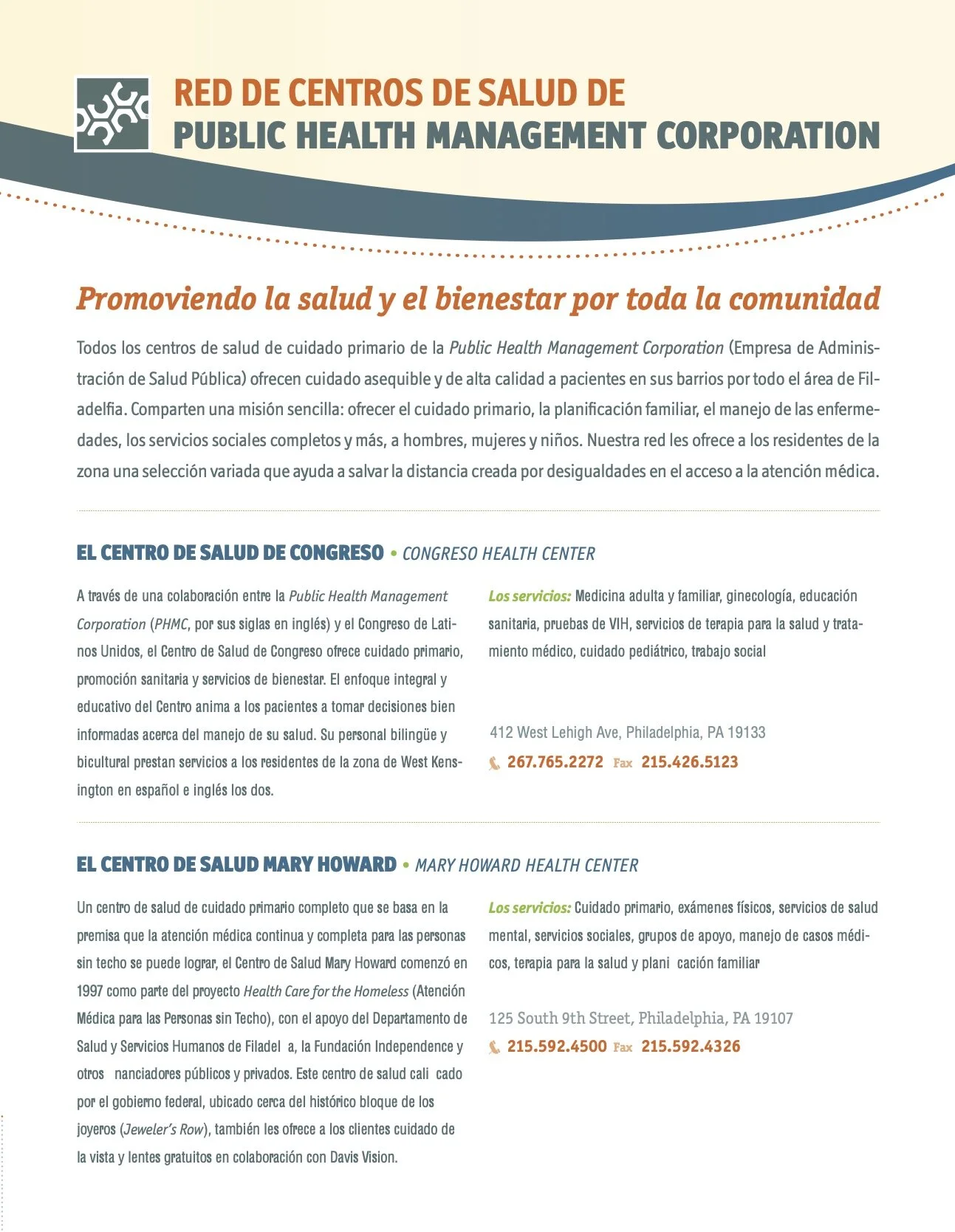Recovering from the Pandemic: Financial Assistance and Economic Support Guide
The COVID-19 pandemic has left an indelible mark on the global population, impacting lives in ways we could never have foreseen. While the foremost concern has been the threat to public health, the pandemic's economic aftermath has been equally distressing. Job losses, reduced income, and heightened expenses have thrown many into financial turmoil. In such challenging times, comprehending and accessing financial assistance and economic support are fundamental steps towards recovery. For those seeking guidance on how to approach this topic for essays or informative pieces, this article offers valuable insights and information related to essay topic suggestion from https://qualitycustomessays.com/essay-title-topic-suggestion/.
Understanding the Economic Impact
The pandemic swiftly disrupted economies across the globe, leaving a trail of job losses and financial distress. Countless individuals experienced reduced income due to business closures and job terminations. Concurrently, essential expenses, such as medical bills and groceries, saw a significant rise. This double-edged financial crisis necessitates a strategic approach to financial planning and the proactive seeking of appropriate support to navigate these economic challenges.
Types of Financial Assistance Available
Governments, recognizing the gravity of the situation, have introduced a range of financial assistance measures to alleviate the burden on those impacted by the pandemic. Government stimulus packages and relief programs are designed to provide a safety net for struggling individuals and businesses. Additionally, grants, loans, and support from non-profit organizations and community groups offer relief for those in need, catering to diverse needs and circumstances.
Navigating Government Stimulus and Relief Programs
Accessing government assistance involves a comprehensive understanding of the application process and eligibility criteria. It is imperative to gather the necessary documentation and submit applications accurately and promptly. By adhering to the guidelines and comprehending the requirements, individuals can secure the support they need during this critical period, ensuring a smoother path towards financial recovery.
Tips for Managing Finances During Recovery
Effective budgeting emerges as a fundamental tool for managing limited resources during the recovery phase. Creating a budget that meticulously accounts for all expenditures and prioritizes essential needs can be instrumental in helping individuals regain financial stability. Moreover, adopting strategies to reduce expenses and increase savings is crucial for building a secure financial future, providing a cushion against future uncertainties.
Accessing Support from Community and Non-Profit Organizations
Communities and non-profit organizations play a pivotal role in providing support during challenging times. Local resources, food banks, and community initiatives stand as pillars of support for those grappling with financial constraints. Understanding how to reach out and access these services can make a significant difference on the road to recovery, offering a helping hand when it's needed most.
Seeking Professional Financial Advice
In times of financial uncertainty, seeking the counsel of a financial advisor can provide valuable insights and guidance tailored to an individual's unique circumstances. A reputable financial advisor can assist in making informed financial decisions, optimizing available resources, and planning for the future, helping individuals navigate the recovery process with confidence and precision.
Staying Informed and Updated
Staying informed about the evolving situation and available support is a proactive approach. Policies and assistance programs may evolve and adapt, and staying updated ensures individuals are aware of the opportunities available to them. Reliable sources, such as government websites and reputable news outlets, can provide the latest updates on financial assistance programs, ensuring that individuals have the most current and accurate information.
Conclusion
In the aftermath of the pandemic, understanding and accessing financial assistance and economic support are pivotal. It's essential for individuals and families to navigate the economic challenges with knowledge and utilize the available assistance to aid their recovery. By embracing budgeting strategies, seeking support from various sources, and staying informed, individuals can take proactive steps toward rebuilding their financial stability. Remember, there is help available, and it's crucial to reach out and take advantage of the support systems in place to emerge stronger from these trying times. Together, we can rebuild and create a more resilient and economically stable future.













